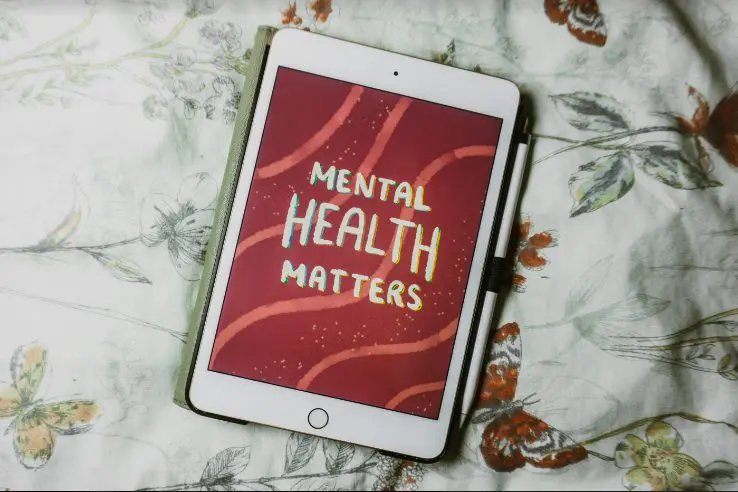In Nigeria, where mental health challenges are prevalent, the use of digital technology is seen as a key solution to addressing these issues. With over 90% of mobile phones worldwide being smartphones and half of the global population having access to these devices, the potential for using technology to deliver healthcare is immense.
The World Health Organization reports that one in every four Nigerians suffers from some form of mental health challenge, such as depression, anxiety, or schizophrenia. Despite the historical recognition of mental health issues in the country, there is a significant lack of awareness and adequate care, leading to myths, superstitions, and discrimination surrounding these challenges.
Recently, Nigeria took a step in the right direction by enacting the Mental Health Act of 2021, which aims to decriminalize mental health struggles, promote the rights of individuals with these challenges, and improve access to care. This new law signals a positive development for mental health in the country and sets the stage for future progress.
By harnessing the power of technological advancements, Nigeria can accelerate its journey towards better mental health outcomes. Globally, countries have utilized technology, such as mental health monitoring apps, telemedicine consultations, and artificial intelligence, to address the increased mental health struggles exacerbated by the COVID-19 pandemic.
With the increasing use of smartphones in Nigeria, there is a prime opportunity to leverage technology for mental health awareness and intervention. By implementing apps in local languages and utilizing artificial intelligence for data analysis, the country can provide timely interventions for mental health challenges like depression and anxiety.
The use of digital health technologies not only improves access to healthcare but also creates evidence-based interventions and informs policy decisions. By embracing the digital era in mental health, Nigeria can reduce stigmas surrounding mental health, increase awareness, and improve the effectiveness of current mental health legislation.
In conclusion, the integration of digital health technologies holds immense potential for raising awareness, implementing sustainable interventions, and improving the quality of life for individuals in Nigeria. By working collaboratively with stakeholders and adopting a multidisciplinary approach, the nation can establish a fair and inclusive mental health system that benefits all citizens, even those in remote areas with access to smartphones.
